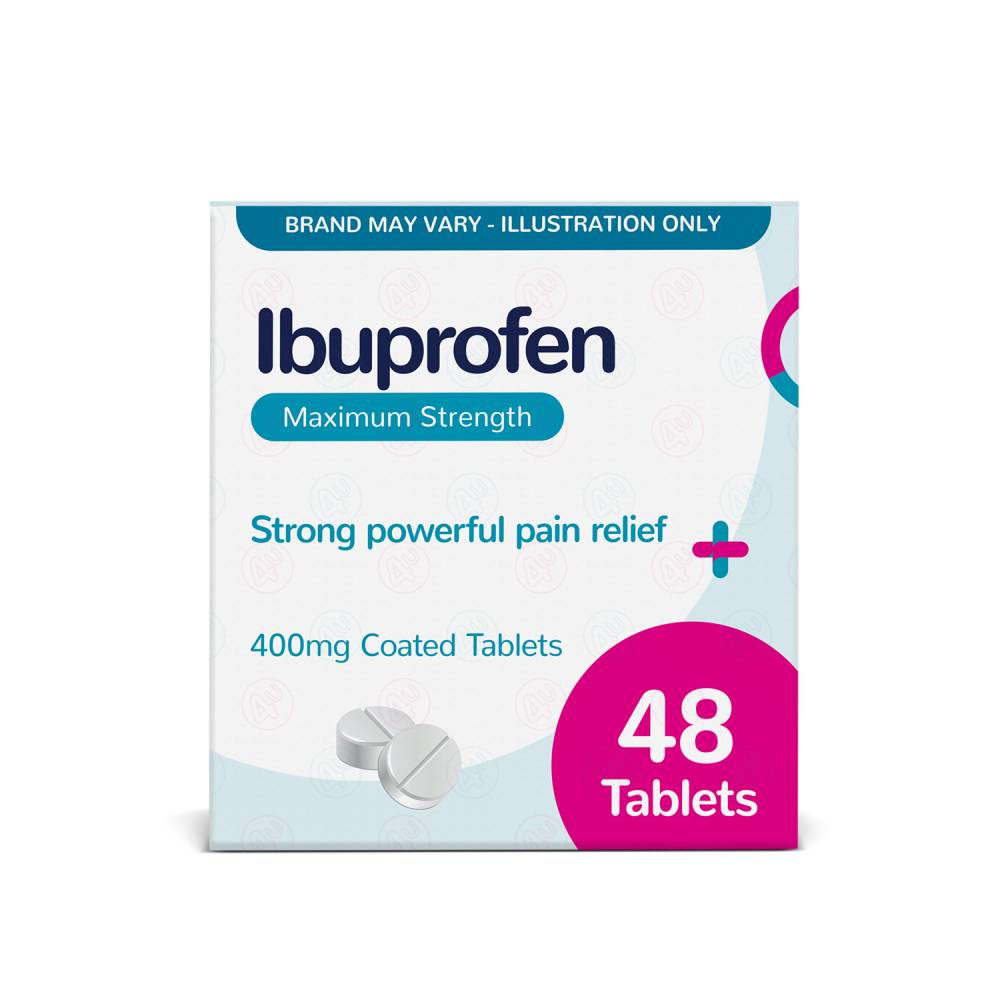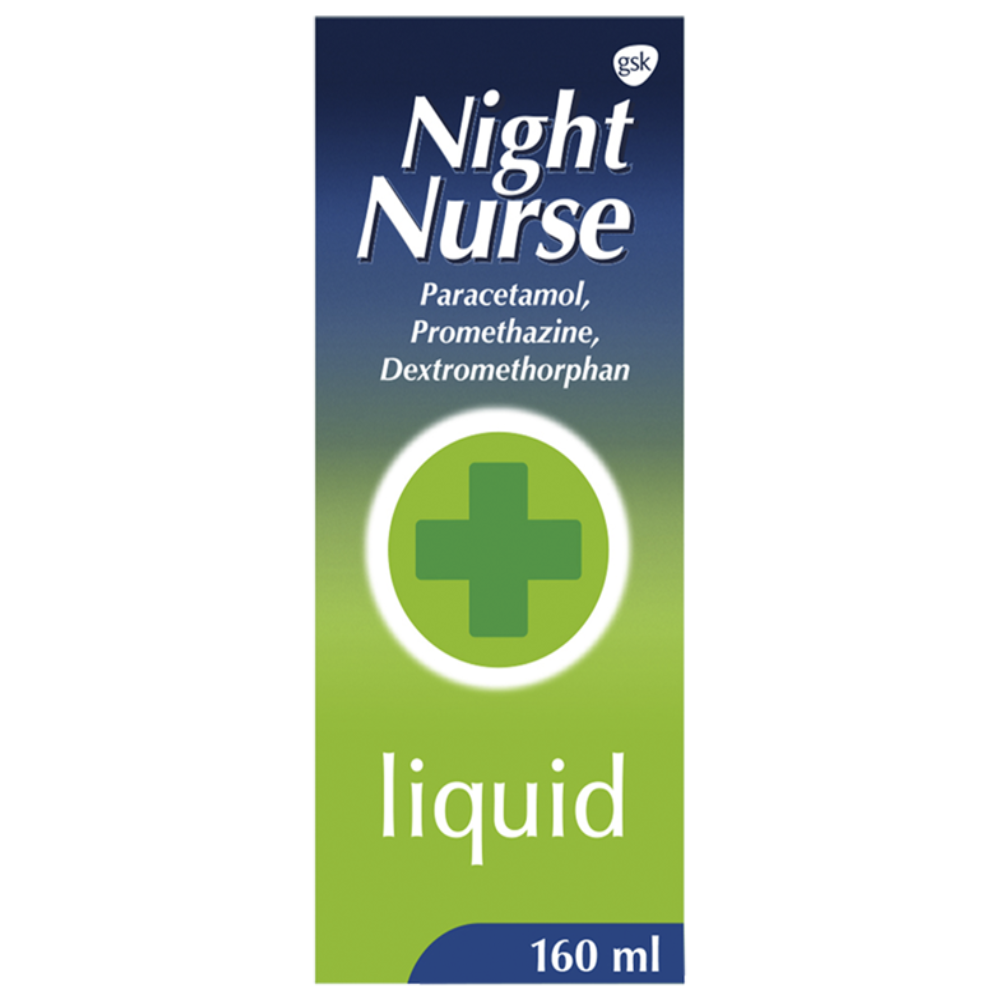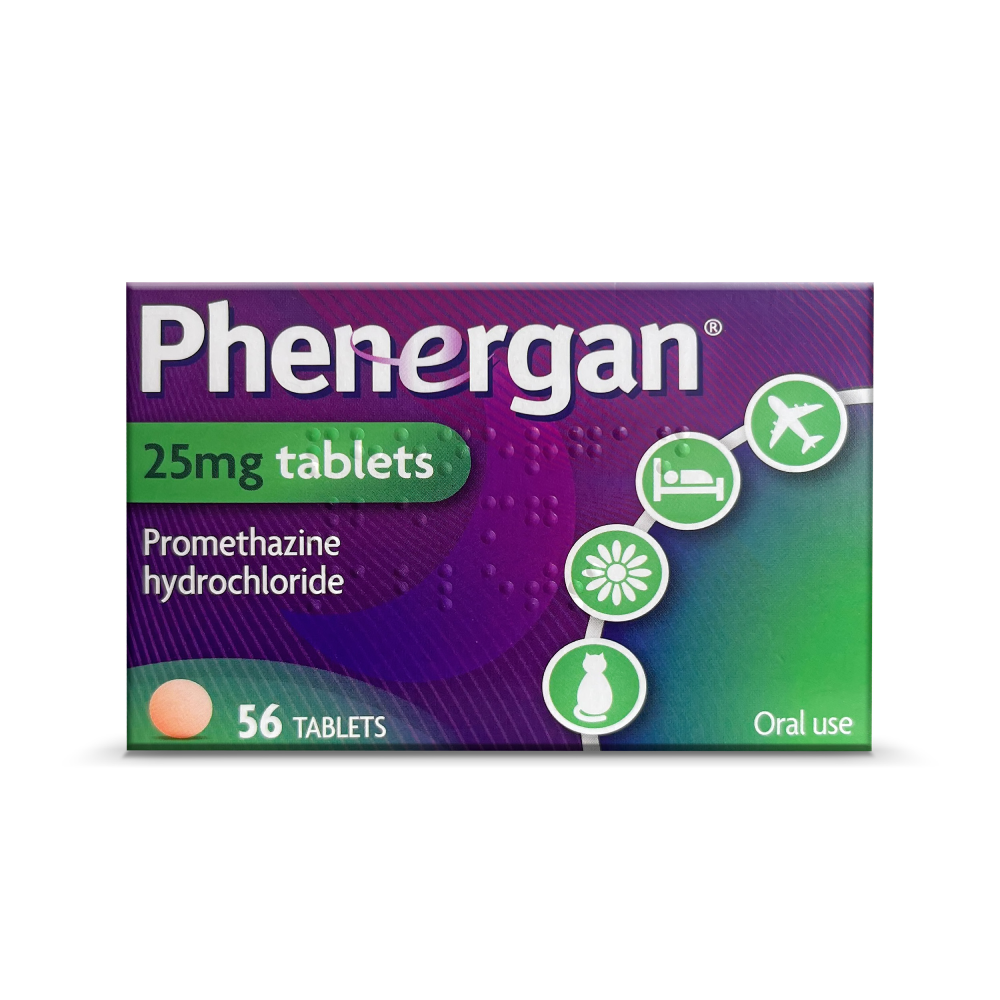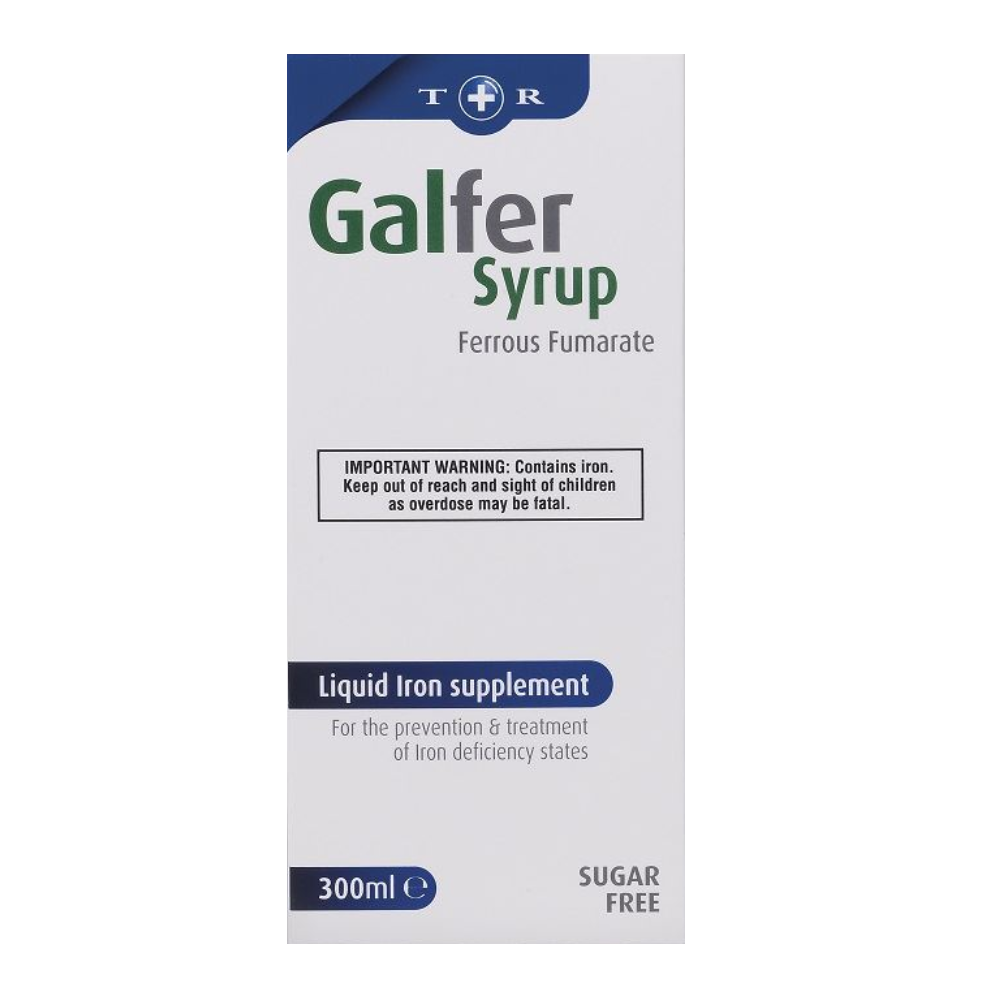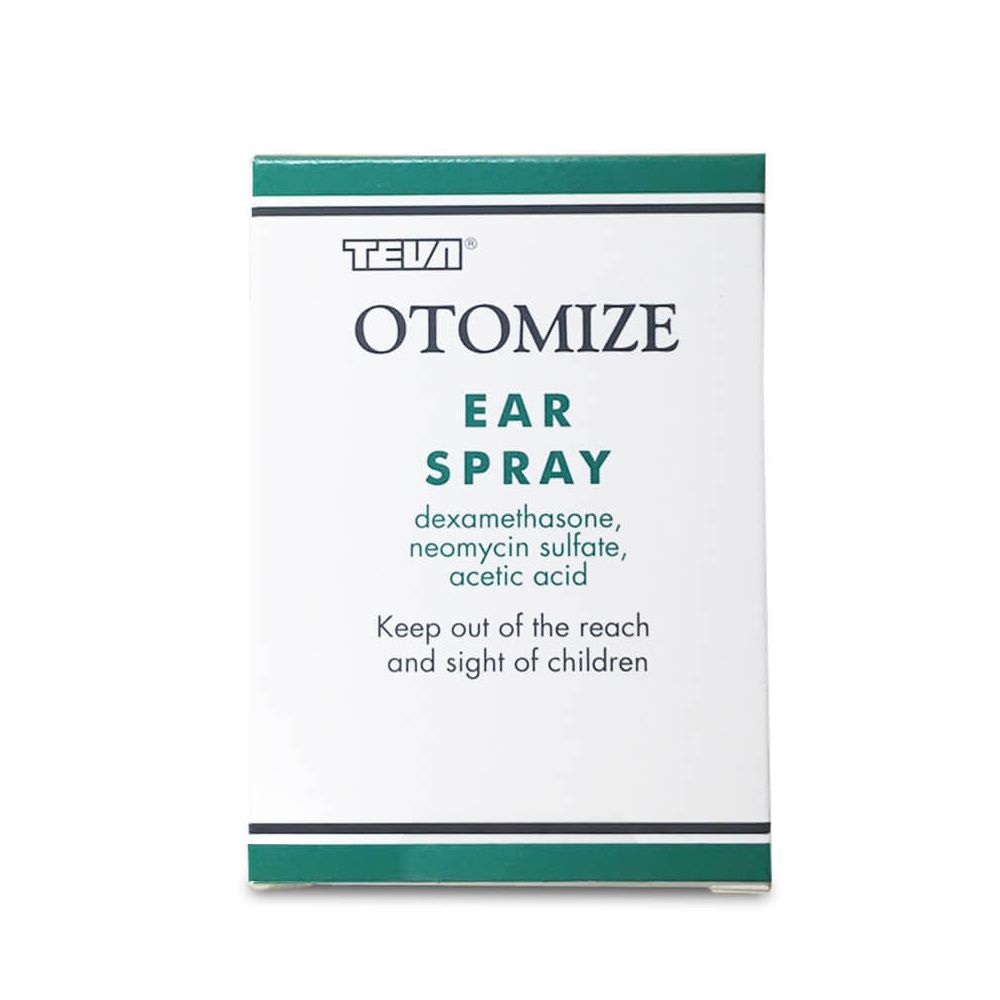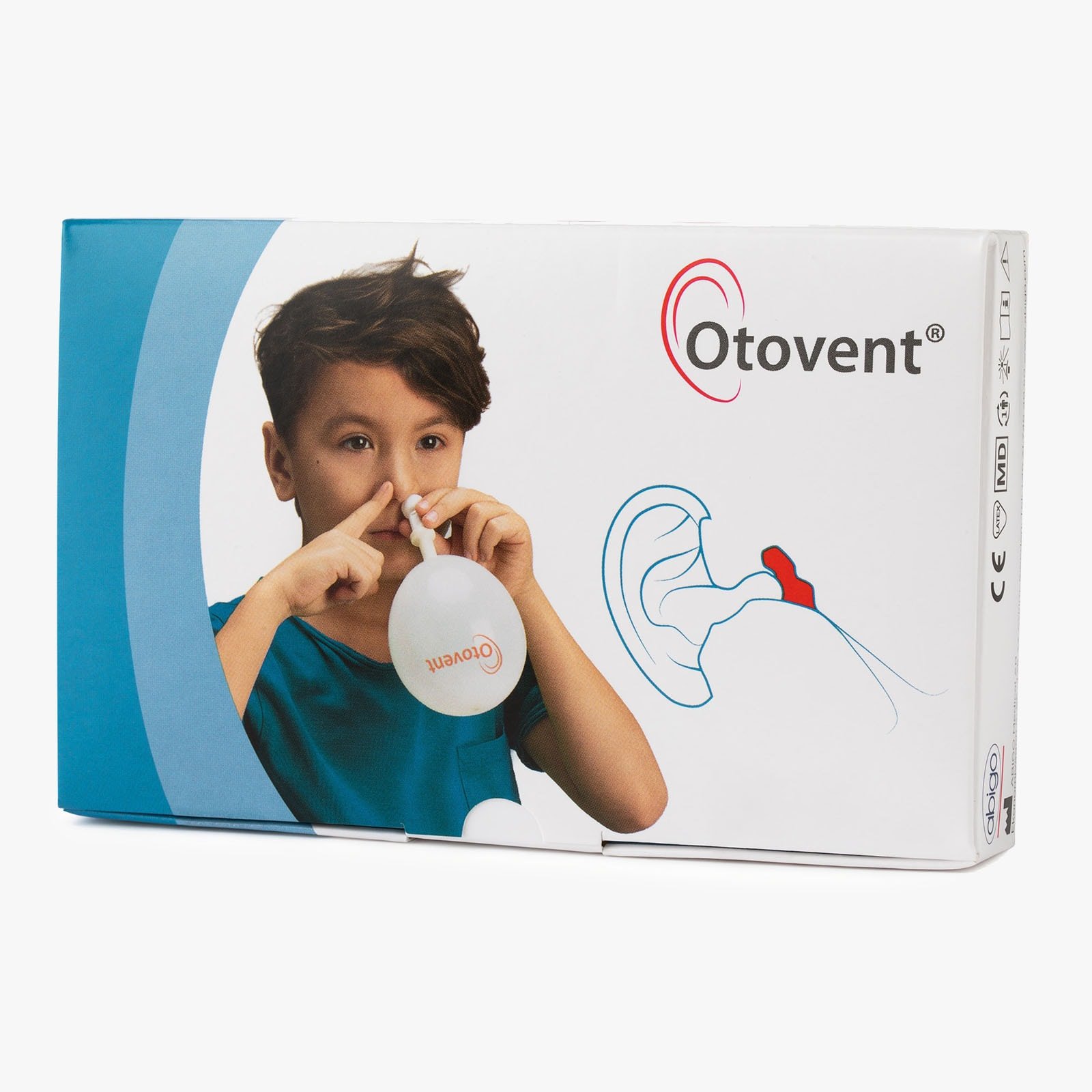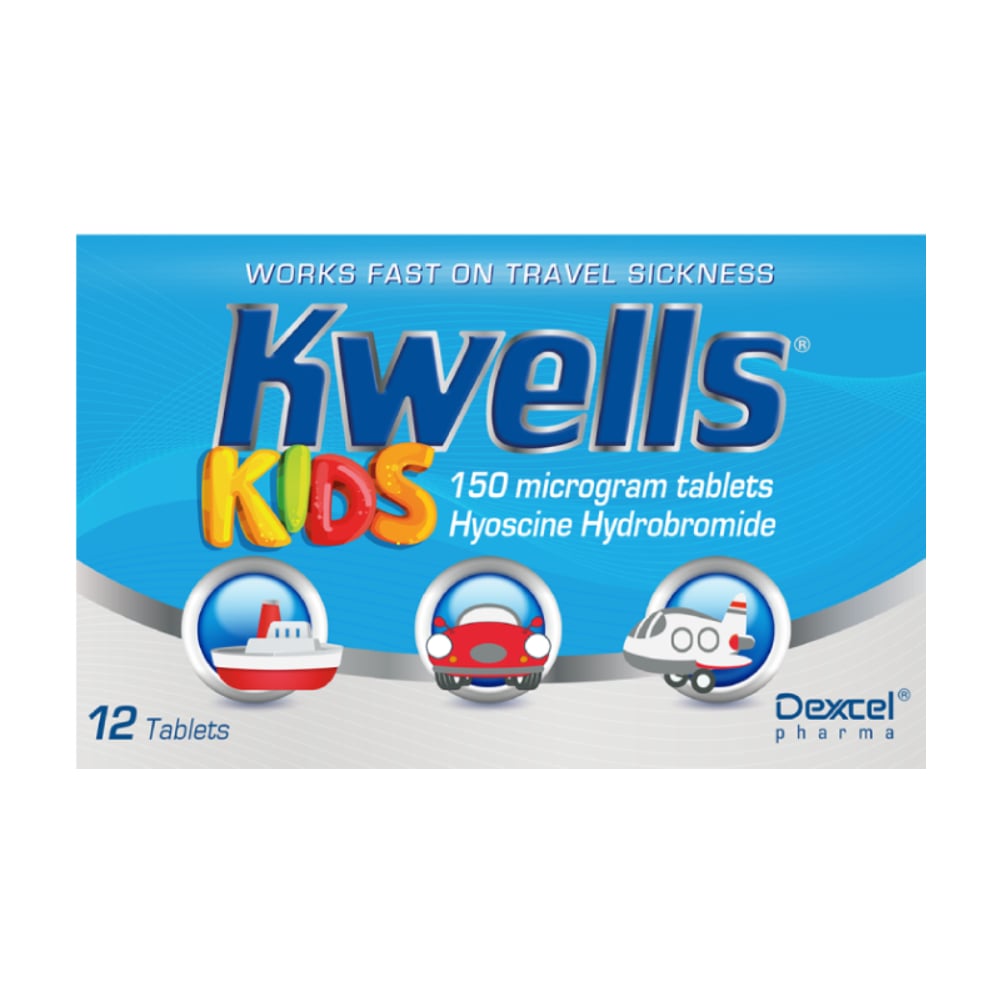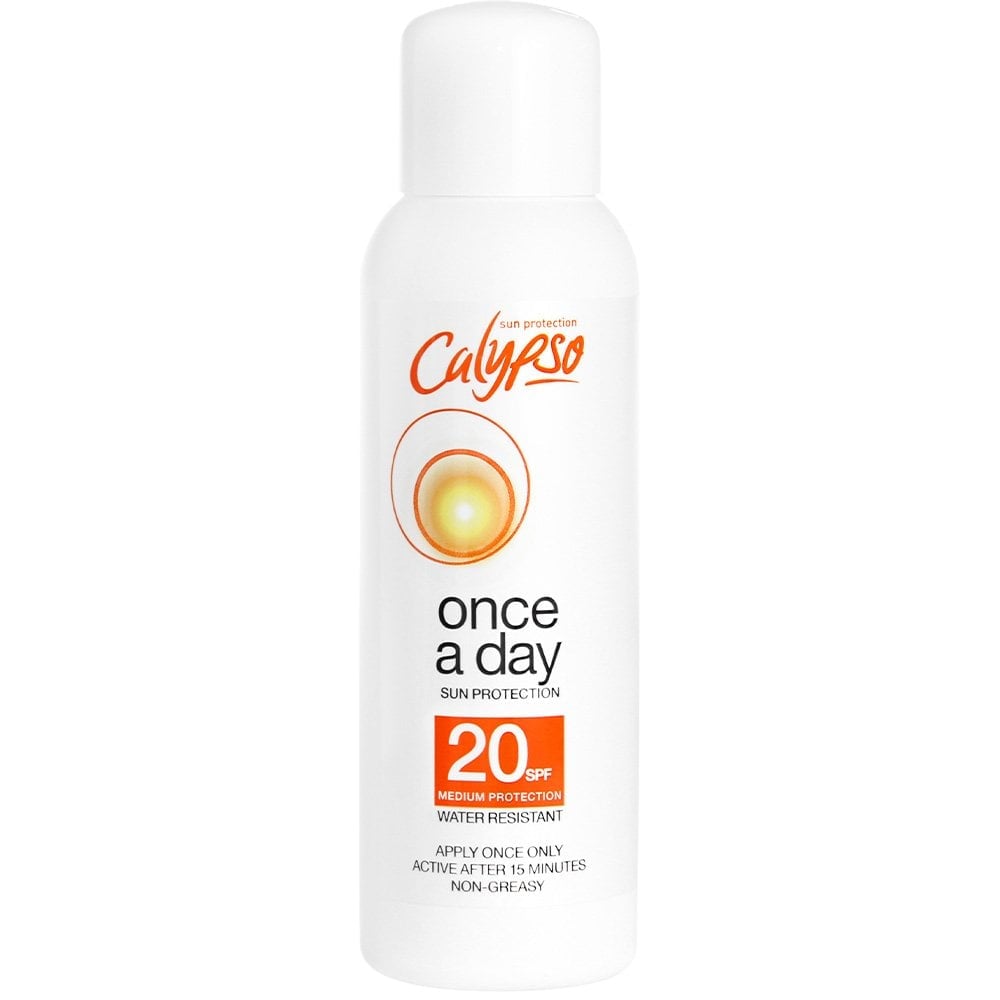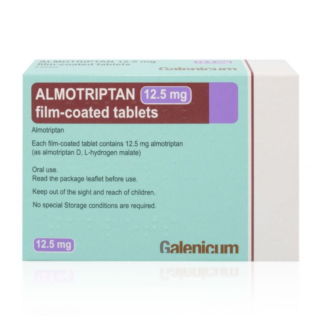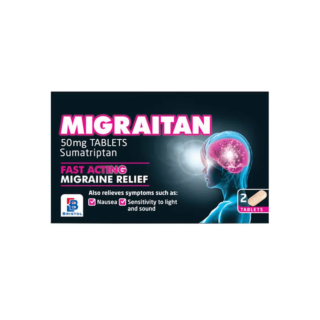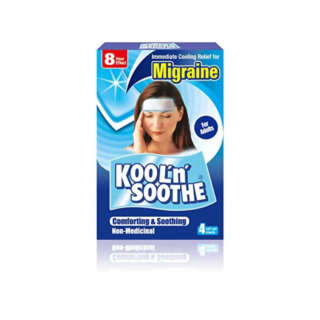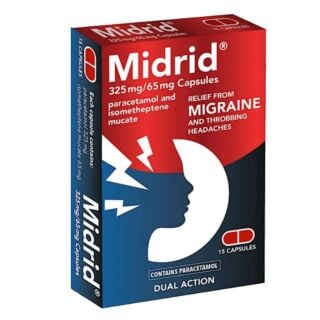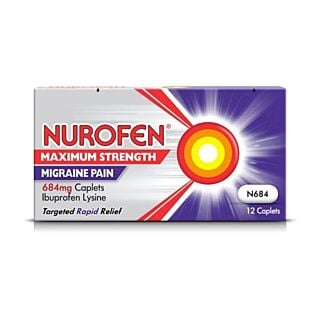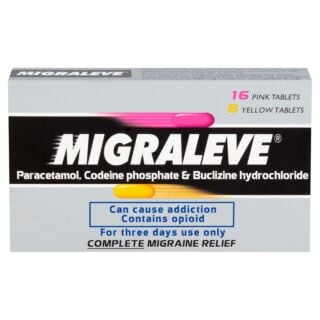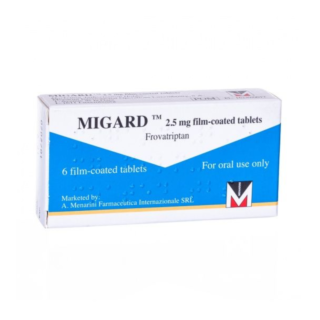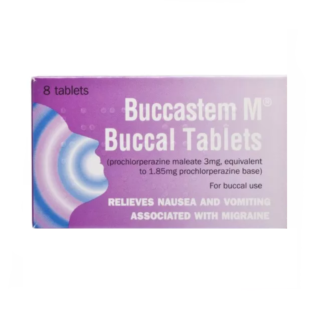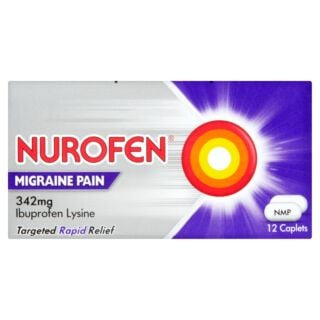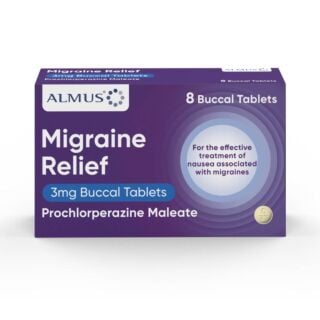Migraine

Free delivery when you spend over £30

100% discreet delivery for every item ordered

Fully regulated UK pharmacy
What is a cluster headache?
Cluster headaches are a rare form of headache that occurs in clusters for around a month or 2 around the same time of year.
They can cause intense pain around one eye and can often be experienced with other symptoms such as watering or redness around the eye and a blocked or runny nose.
Conventional pain relief doesn’t usually treat the symptoms of cluster headaches, but your doctor or prescriber would be able to provide treatments to ease the pain.
What is the difference between a headache and a migraine?
Headaches are one of the most common symptoms of migraines, but having a headache doesn’t necessarily mean you have a migraine, in fact, you can sometimes have a migraine without a headache.
If you’re unsure whether you have a headache or a migraine, the first thing to consider is whether you have any other symptoms, if you just have a headache by itself, then you probably don’t have a migraine.
You should also assess how bad your headache is, as migraine headaches can be severe, whereas normal headaches are usually less painful.
If you’re experiencing regular headaches or think you may be having migraines speak to a medical professional so they can work out what’s going on and recommend any suitable treatments that could help.
What is a migraine?
What are migraine auras?
Migraine auras are like warning signs that some people experience before they have a migraine, although in some cases they can be more uncomfortable than the migraine itself.
They usually begin up to an hour before you get your migraine headache, although some people notice changes in their mood or energy levels even before this.
Auras usually take around 5 minutes to develop to their peak, with some of the most common symptoms you’ll experience including:
- Visual problems, such as seeing zig-zags, flashing lights, blind spots, or blurred vision
- Numbness, tingling, or pins and needles in one hand, which will usually move up your arm before affecting your face and tongue
- Feeling dizzy
- Losing consciousness, although this won’t usually happen
What are the best migraine treatments?
Migraines are a common problem, and while there isn’t a cure, there are several treatments available to help ease the symptoms.
Firstly, you should try regular painkillers like paracetamol, aspirin and ibuprofen to see if they can relieve your symptoms.
If these aren’t helping, a type of medicine called triptans are formulated specifically for migraine headaches.
What causes migraines?
Although the exact cause of migraines isn’t known, there are lots of triggers that people have noticed that tend to induce a migraine.
These triggers are different for everyone, so it can be wise to keep a diary of when your migraines happen so you can try to work out when and what triggers them for you.
Some of the most common migraine triggers include hormonal changes, emotional triggers, tiredness, dehydration, not eating regular meals, alcohol or caffeine, bright lights or loud noises and certain medications like the contraceptive pill.

